This vocabulary list is for reference only. Your Lexical Resource scores are calculated based on the overall level of vocabulary used in your writing and speaking answers. To improve your Lexical Resource scores, it is necessary that you improve your overall level of vocabulary.
However, skillfully incorporating these words in your writing and speaking answers together with a good vocabulary level will increase the chance of enhanced Lexical Recourse scores.
Words and phrases
| Word/Phrase | Type | Meaning | Example |
|---|---|---|---|
| Adjudicate | Verb | To make a formal judgment or decision in a legal case | The judge will adjudicate the dispute between the parties. |
| Appellate court | Noun phrase | Higher court that reviews decisions of lower courts | The appellate court overturned the lower court’s decision. |
| Circumstantial evidence | Noun phrase | Evidence that suggests a fact but does not prove it directly | The case relied heavily on circumstantial evidence. |
| Conviction | Noun | A formal declaration of guilt by a court | The defendant’s conviction was based on compelling evidence. |
| Disbar | Verb | To remove someone from the practice of law | The unethical conduct led to the lawyer being disbarred. |
| Exoneration | Noun | The action of officially absolving someone from blame | The exoneration came after new evidence was discovered. |
| Extradition | Noun | The surrender of an accused or convicted individual to another jurisdiction | The extradition process involves complex legal procedures. |
| Grand jury | Noun phrase | A panel of citizens that reviews evidence and decides whether to indict a suspect | The grand jury returned an indictment against the defendant. |
| Impartial | Adjective | Not biased or prejudiced | The judge ensured an impartial trial by excluding biased jurors. |
| Indictment | Noun | A formal charge or accusation of a serious crime | The indictment was handed down by the grand jury. |
| Jurisprudence | Noun | The theory or philosophy of law | Studying jurisprudence helps understand legal principles. |
| Mitigating circumstances | Noun phrase | Factors that may reduce the severity of a punishment | The judge considered the defendant’s remorse as a mitigating circumstance. |
| Perjury | Noun | The offense of willfully lying under oath | The witness was charged with perjury for providing false testimony. |
| Pro bono | Adjective | Done or undertaken without charge, especially for the public good | The lawyer offered pro bono legal services to low-income clients. |
| Racketeering | Noun | The operation of an illegal business for personal profit | The organization was involved in racketeering and money laundering. |
| Restitution | Noun | Compensation or payment for damages or losses | The court ordered the defendant to pay restitution to the victims. |
| Subpoena | Noun/Verb | A writ ordering a person to attend a court | The attorney subpoenaed the witness to testify at the trial. |
| Testimony | Noun | A formal written or spoken statement given under oath | The witness provided compelling testimony during the trial. |
| Vicarious liability | Noun phrase | Legal responsibility for the actions of another | Employers can be held vicariously liable for their employees’ actions. |
| White-collar crime | Noun phrase | Nonviolent crimes typically committed by business professionals | The investigation uncovered a complex network of white-collar crime. |
Common types of crimes
| Word/Phrase | Type | Meaning | Example |
|---|---|---|---|
| Arson | Noun | Deliberate setting fire to property | Arson is a serious crime that endangers lives and property. |
| Assault | Noun | Act of inflicting physical harm or injury | Assault can range from minor altercations to serious attacks. |
| Burglary | Noun | Unlawful entry into a building to commit theft or felony | Burglary involves breaking into homes or businesses. |
| Cybercrime | Noun | Criminal activity conducted through digital means | Cybercrime includes hacking, identity theft, and online fraud. |
| Domestic violence | Noun phrase | Abuse or violence within a domestic or intimate relationship | Domestic violence survivors often require support and protection. |
| Drug trafficking | Noun phrase | Illegal distribution and sale of controlled substances | Drug trafficking is a serious offense with severe penalties. |
| Embezzlement | Noun | Theft or misappropriation of funds by a person entrusted with them | Embezzlement occurs when someone abuses their position of trust. |
| Fraud | Noun | Deception for financial or personal gain | Fraudulent schemes often target unsuspecting individuals. |
| Hate crime | Noun phrase | Criminal offense motivated by bias or prejudice | Hate crimes target individuals based on race, religion, or other factors. |
| Homicide | Noun | Killing of one person by another | Homicide investigations require thorough examination of evidence. |
| Human trafficking | Noun phrase | Exploitation of people for forced labor, sexual slavery, or commercial sex | Human trafficking is a violation of basic human rights. |
| Identity theft | Noun phrase | Unauthorized use of someone else’s personal information | Identity theft can have devastating financial consequences. |
| Kidnapping | Noun | Unlawful abduction or holding hostage | Kidnapping cases require swift law enforcement action. |
| Money laundering | Noun phrase | Concealing the origins of illegally obtained money | Money laundering facilitates criminal activities by hiding proceeds. |
| Robbery | Noun | Theft involving force, violence, or intimidation | Robbery is a violent crime punishable by law. |
| Terrorism | Noun | Use of violence or intimidation for political or ideological purposes | Counterterrorism efforts aim to prevent acts of terrorism. |
| Theft | Noun | Act of stealing property without consent | Theft is a common property crime. |
| Vandalism | Noun | Willful destruction of property | Vandalism often results in damage to public or private property. |
Idioms for speaking
| Idiom | Definition | Example |
|---|---|---|
| Behind bars | In prison or jail; incarcerated. | “The thief was behind bars for stealing from multiple stores.” |
| Caught red-handed | Caught in the act of committing a crime, typically with evidence. | “The thief was caught red-handed on surveillance camera stealing from the store.” |
| Get away with murder | To avoid punishment for a serious offense, often due to luck or lack of evidence. | “It seems like wealthy individuals often get away with murder while others face harsh penalties for minor offenses.” |
| Get off scot-free | To avoid punishment or consequences for one’s actions. | “Despite the evidence against him, he managed to get off scot-free due to a legal technicality.” |
| Go off the rails | To start behaving in a way that is reckless or deviant; to behave badly. | “After dropping out of school, he went off the rails and got involved in petty crime.” |
| Go straight | To stop engaging in criminal behavior and live an honest life. | “After serving his sentence, he decided to go straight and start afresh.” |
| In hot water | In trouble or facing difficulties, often as a result of one’s actions. | “He found himself in hot water after being caught cheating on the exam.” |
| Nail someone | To catch or incriminate someone for a crime. | “The detectives finally nailed the suspect after months of investigation.” |
| Off the hook | Released or freed from obligation or responsibility, especially punishment. | “He thought he was off the hook after the witness failed to testify.” |
| On the lam | Fleeing from law enforcement; on the run from the authorities. | “The suspect went on the lam after escaping from prison.” |
| Pay one’s debt to society | To serve a sentence or punishment for a crime committed. | “After being convicted, he spent years in prison paying his debt to society.” |
| Pay the piper | To face the consequences or suffer the punishment for one’s actions. | “After years of embezzling money, he finally had to pay the piper and serve time in prison.” |
| Serve time | To spend a period in prison as a punishment for a crime. | “He served time for his involvement in the robbery.” |
| Take the fall for | To accept blame or punishment for something on behalf of others. | “He decided to take the fall for his friend’s crime to protect him from harsher consequences.” |
| Throw the book at | To impose the maximum possible punishment on someone. | “The judge decided to throw the book at the repeat offender.” |
| Turn oneself in | To surrender to authorities or confess to a crime. | “Realizing he couldn’t evade capture forever, he decided to turn himself in to the police.” |
| Walk the straight and narrow | To behave honestly and ethically; to avoid trouble or wrongdoing. | “After getting out of prison, he resolved to walk the straight and narrow and stay out of trouble.” |
| White-collar crime | Non-violent crimes typically committed by individuals in business or professional positions. | “The investigation uncovered a large-scale white-collar crime scheme involving fraud and embezzlement.” |


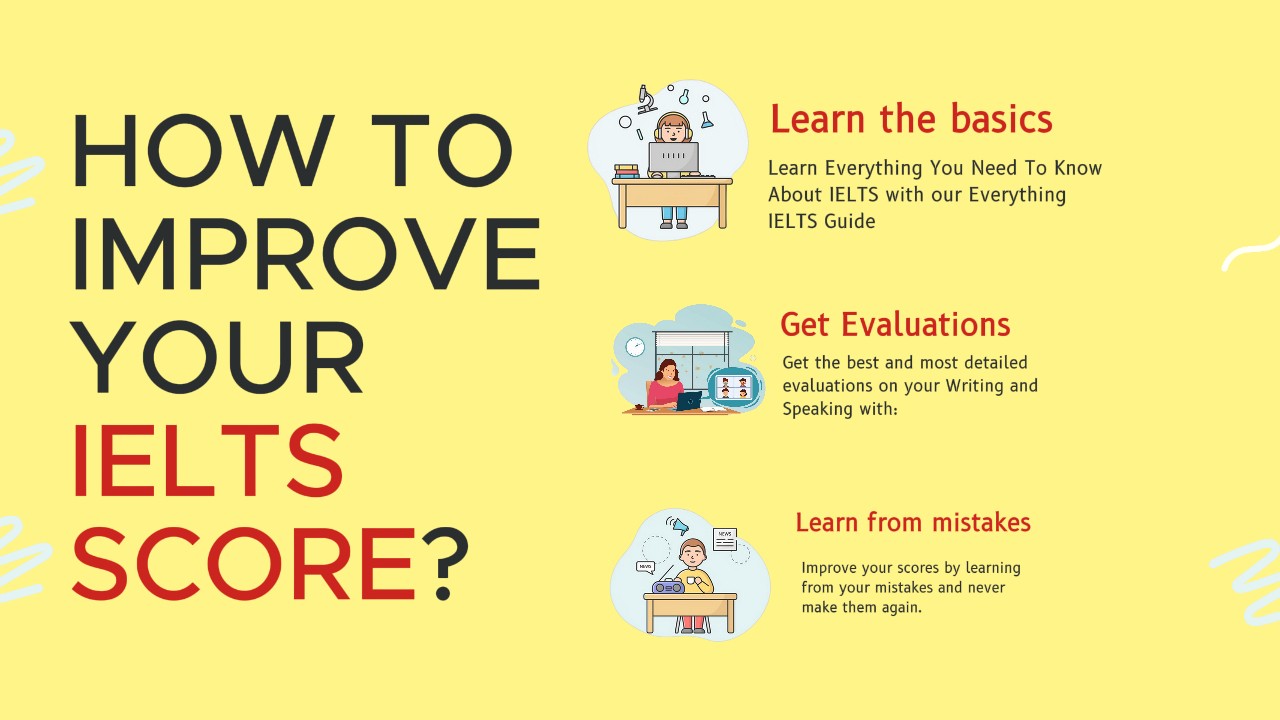
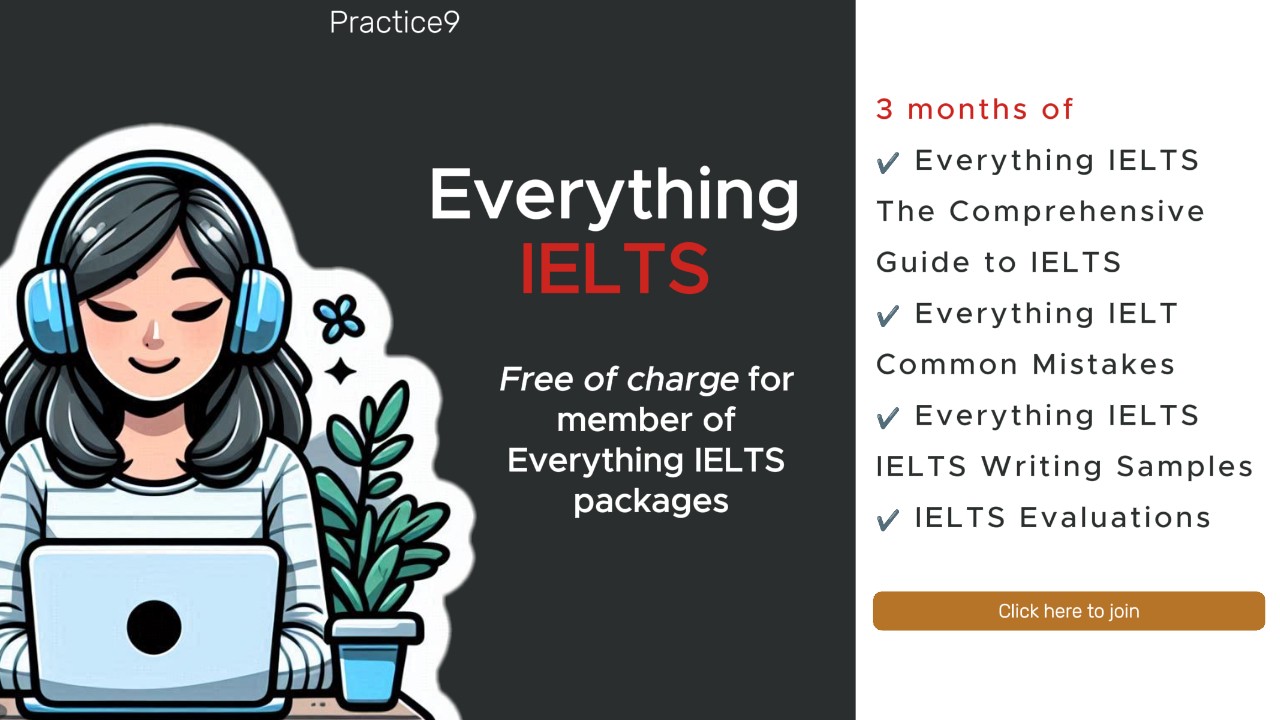
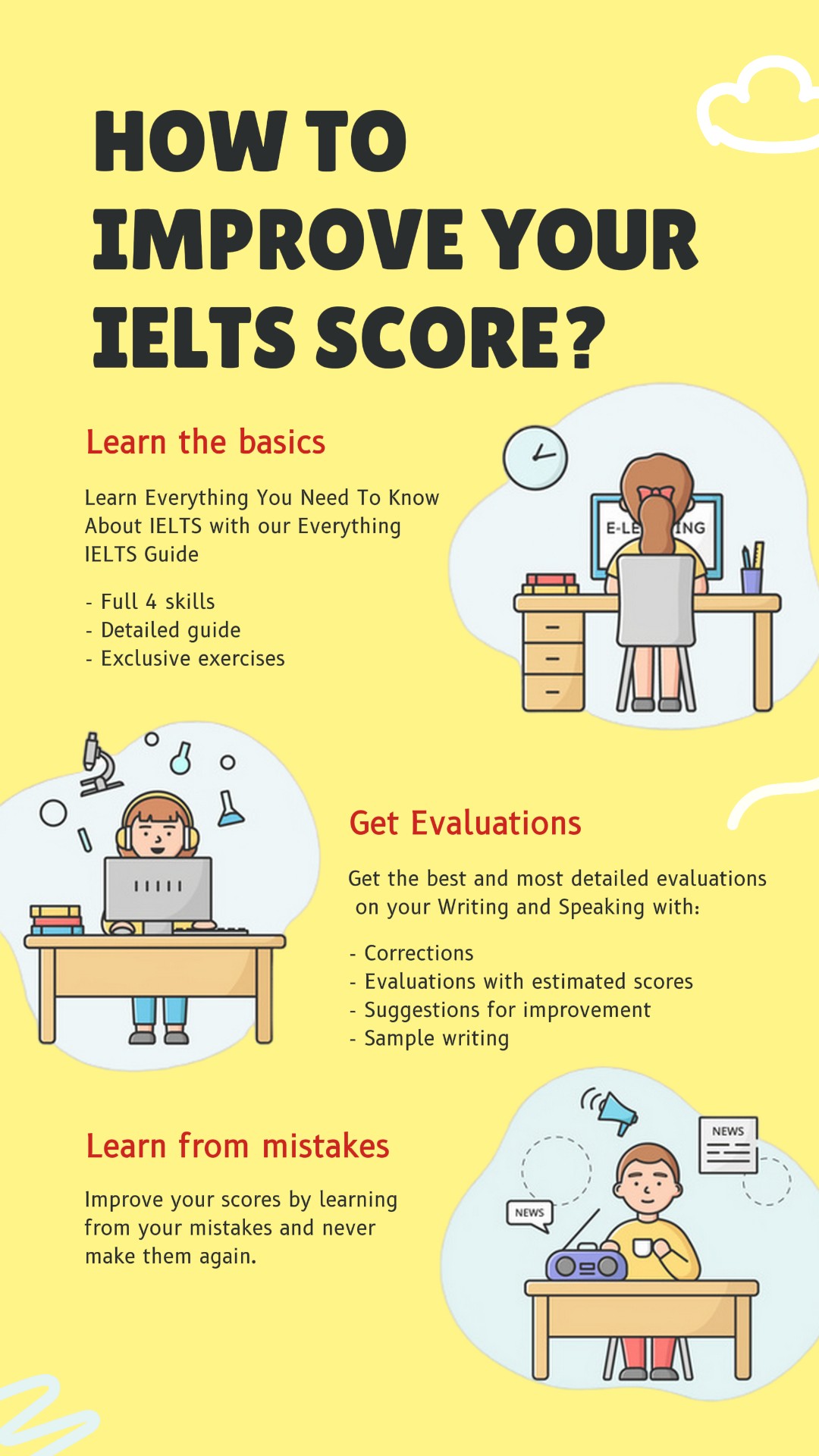
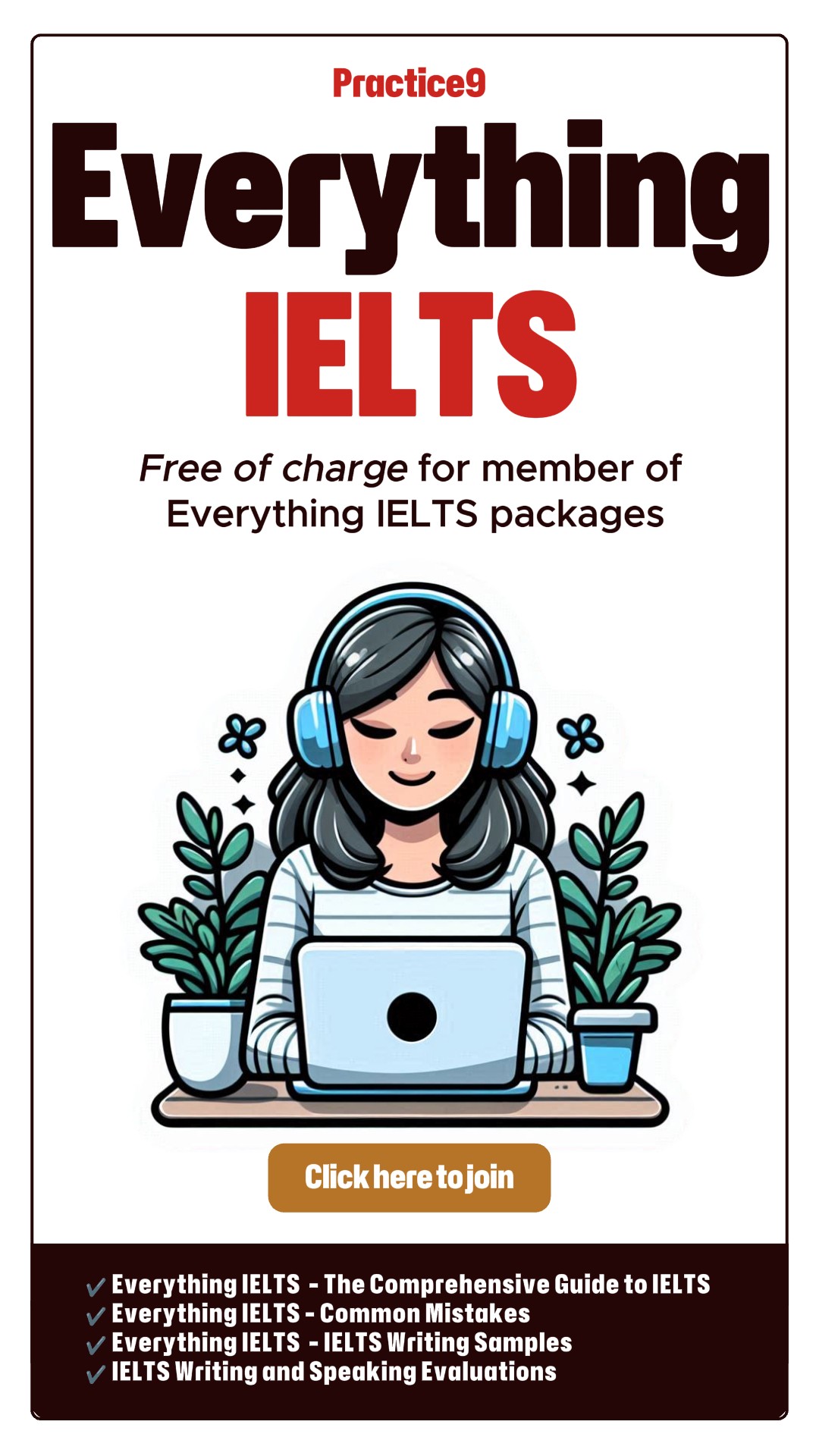

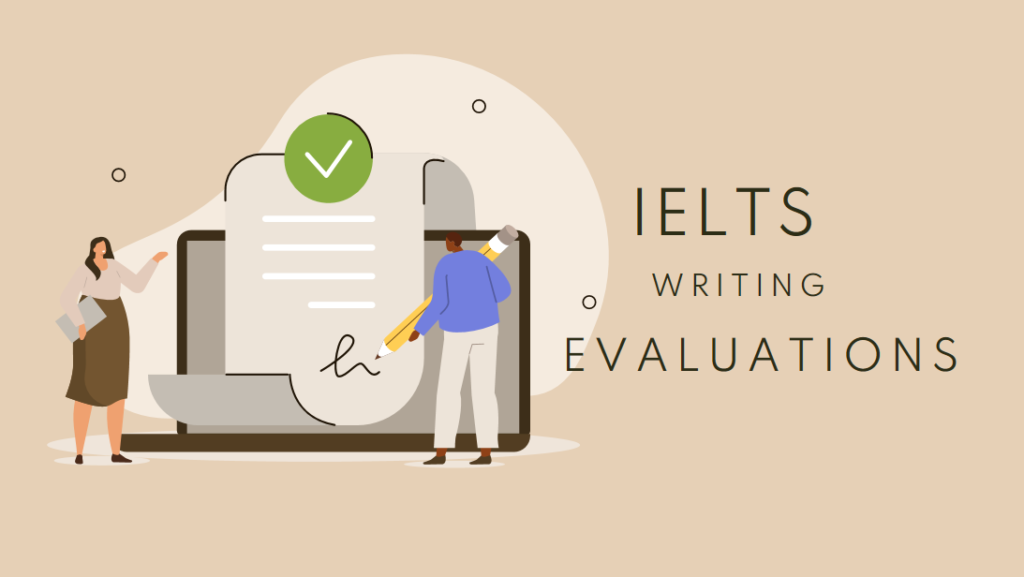



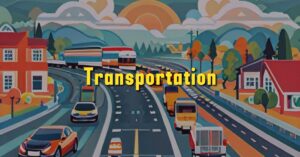
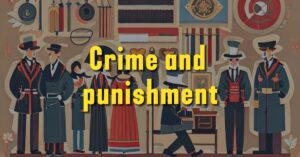

Responses